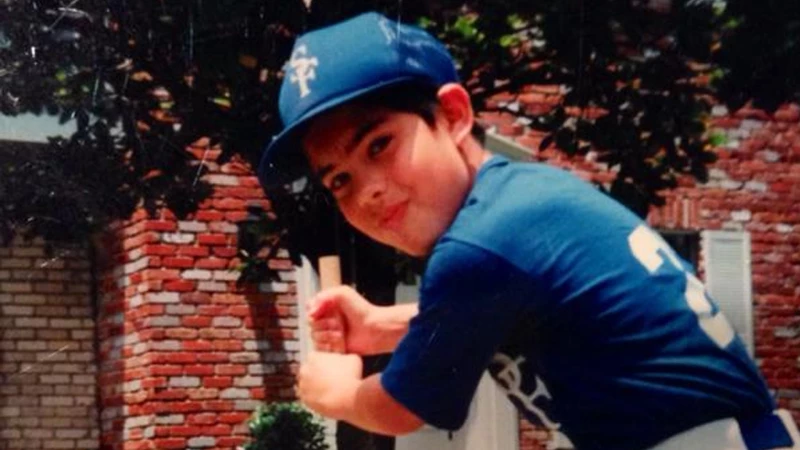
I’ve been working on something new in my spare time. My daughter’s softball team needed a head coach and since Barbara’s last sermon was still ringing in my ears, the only natural response was, “Yes, and...” Admittedly, I don’t have a ton of softball experience myself--I’ve played some rec league as an adult. I played little league baseball when I was a kid. I really enjoyed playing back then.
I remember my dad coaching my teams back then--exceedingly patient, always positive, ridiculous 1980’s gray athletic shorts with the two snap-buttons. My dad made the game fun, and my greatest hope is that I might do the same for my daughter and her teammates.
Several practices and a couple of scrimmages into the season, you begin to notice some things as a coach. A lot of these girls fall victim to the same things I did when I was that age. You might remember the famous Yogi Berra quote, “Baseball is ninety percent mental, and the other half is physical.” I used to get so anxious about whether or not I’d get a hit that it was paralyzing. It seemed to affect me more than others on my various teams. I remember the astonishment on my teammates’ faces when I would crush homeruns out of the park in practice, and the subsequent disappointment when I couldn’t reproduce it in a game. To this day, I don’t remember if it was nerves, being scared the pitcher was going to hit me, or just not wanting to fail. It was probably some combination of all three.
I hate to see players going through that today. They’re so much better than they think that they are--it really is all in their head. The other day, I noticed something that I hadn’t before. I was working on batting with one girl on the team and like a lot of others, she was super tense and anxious, as if she was flexing every muscle in her body at the same time, and then I noticed that while she waited on the next pitch, she would get set up in her stance and then she’d hold her breath...She wasn’t breathing!
I don’t know how familiar you are with this sport--but people rarely complain that the games go by too quickly. Waiting on that next pitch can take a while, and if you’re holding your breath while you wait, then you’re depriving yourself of the oxygen that your brain and body need to read a pitch, launch into your swing, and follow the ball all the way until it hits the bat. Steady, deep-breathing slows everything down.
The body responds to stress in specific ways. The autonomic nervous system takes over and prepares your body for a physical response. Good judgment takes a backseat to embedded survival and protection mechanisms. Muscles tense up, the body prepares to receive pain...read that again. The body prepares itself to receive pain--it stops digestion and immune responses and focuses on increasing pain tolerance. Everything happens in a flash and there’s no thinking, only doing (or not doing). Previous experiences of stress and trauma exacerbate the situation, so if she struck out last time, and that’s the only thing she can think about as she stands up there this time, things can spiral quickly.
To combat this, steady, deep-breathing can help slow it all down. In an article titled “Neurobiology and Neurophysiology of Breath Practices in Psychiatric Care” (www.psychiatrictimes.com) Patricia L. Gerbarg, MD and Richard P. Brown, MD write: “Studies have shown that voluntarily regulated breathing practices (VRBPs) can significantly improve symptoms of anxiety disorders, trauma- and stressor-related disorders, depressive disorders, and other conditions. VRBPs can also be used to restore feelings of meaningful connection, bonding, and love for patients who experience states of disconnection or emotional numbing of trauma and loss.”
This is not new. Christians have known this for centuries. The breath prayer is an ancient spiritual practice. Romans 8:26 reminds us: “Likewise the Spirit helps us in our weakness; for we do not know how to pray as we ought, but that very Spirit intercedes with sighs too deep for words.” Furthermore words like inspire, and inspiration literally mean ‘to breathe or blow into.’ God literally breathes into us the urge or ability to do or feel something creative.
So this week, I encourage you to breathe. Breathe slowly. Breathe deeply. Breathe God in. The game is, after all, 90% mental.

